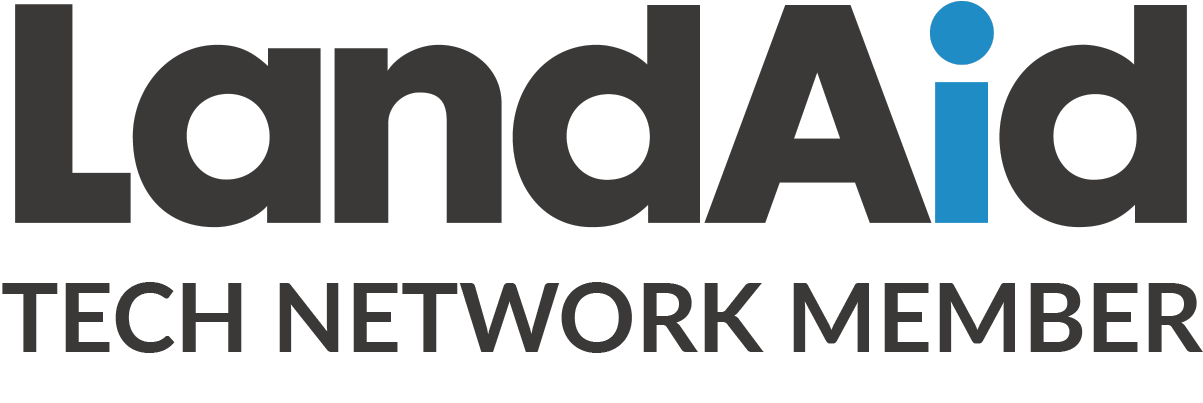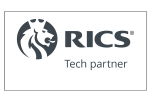Expected to fulfil a wide range of responsibilities, a facilities manager is recognised as being of vital importance across both the commercial and residential sectors. Managing the safety, maintenance and security of property, these professionals are tasked with ensuring that everyday processes run as smoothly as possible.
Whether for the purpose of residential block management or office building maintenance, the employment of a facilities manager is bound to result in such benefits as increased resident satisfaction and, most importantly, the prevention of incidents and long-term commercial viability. The chances of realising such benefits are much greater with the adoption of modern technologies, as we’ll explore in this blog.
What is facilities management?
Before we look into the increasing adoption of facility management technology, it’s worth considering the roles of residential and commercial real estate managers. In each instance, there is a responsibility to keep buildings well-maintained, clean, and safe. However, residential facilities managers are typically employed by property firms and property management companies, with an expected focus on the welfare of domestic residents as a result of the above.
A residential facility manager might be expected to arrange service contracts, maintain basic facilities, and monitor building safety and renovation projects. Assuming general responsibility for building management, their everyday duties may also include making provisions for residents, supervising systems, budgeting, and reporting on property maintenance.
The commercial facilities manager might be assigned a range of additional duties, such as the negotiation of service provider contracts, maintenance of staffing budgets, and support of business relocations. They might also assume responsibility for advising business owners on measures to improve the productivity and efficiency of other teams. While commonly employed by large public sector organisations such as schools and hospitals, a high proportion of facilities managers also work in private sector premises, through specialist facilities management companies, property firms and property management companies, construction companies or other large organisations with a recognised need for property maintenance and security such as hotels and other hospitality businesses.
Characteristics and skills of a facilities manager
A distinction is commonly made between hard and soft facilities management solutions. Hard facilities management services are concerned with spaces and infrastructure, with a focus on physical property elements such as fire safety systems, plumbing, and HVAC. Soft facilities management services are concerned with the management of the people and organisation. They may focus on the provision of services such as waste management, space planning, and pest control for the residents’ benefit.
Skills such as verbal communication, organisation, and the ability to see the big picture are recognised as being vital to the facility manager’s success. Such professionals must also keep up with the latest property sector developments, particularly in light of the pandemic and changes in the nature of work associated with the fourth industrial revolution.
Gone are the days of pen, paper, and outdated computer systems. Becoming increasingly integrated with the wider business and its processes, facilities managers are expected to use a range of software solutions for decision-making support.
Facilities management trends
Whether working individually or as part of a wider facilities management company, an FM professional is expected to take a proactive approach to the maintenance of building safety, security, and performance. They should prioritise the prevention of incidents, following a process of continuous improvement for the residents’ welfare via maintenance tracking and reporting. Awareness of the latest facilities management news is key, too, given the potential uses of building management technologies and how they greatly empower FMs.
The proactive facilities manager
Rather than relying on desk-based technologies, the modern-day facility manager can use mobile-first maintenance and operations software for on-the-go productivity. Streamlined and multi-platform apps are raising the bar in facilities management, allowing these professionals to carry out their everyday duties with greater efficiency.
Digital tools are also allowing for the improved monitoring of occupancy and space usage, with insights being generated for better performance. This is a key issue, with many workers switching to remote and hybrid working following the pandemic. Moving forwards, we’re likely to see more focus on the physical workspace as a destination, with the employee experience being prioritised. Facilities Managers may also be expected to arrange connected meeting spaces, with in-person attendees being joined by those engaging remotely.
In the commercial space, maintenance management tools allow for the automated identification of equipment issues, reducing the risk of unplanned downtime. Using such technologies, facilities managers are able to optimise asset reliability, minimising the need for costly equipment repairs. The monitoring of inventory, acquirement of resources, and supervision of assets can all be automated with commercial property software.
Concerning sustainability
With the ever-increasing focus on sustainability, facilities managers are expected to make decisions and adopt processes for the reduction of carbon emissions. They must maintain awareness and ensure compliance with the introduction of regulatory requirements. As job seekers increasingly take account of green factors, facility managers play a central role in keeping all of their properties as sustainable and efficient as possible.
As previously mentioned, digital facilities management solutions are now allowing for the improved monitoring and prediction of essential maintenance tasks. This means that the asset lifecycle can be extended, for a reduction in the emissions that would otherwise result from the procurement, installation, and running of equipment. There are also technologies allowing for the progress tracking and reporting of changes for improved sustainability. The sharing of such positive green data can give everyone from the employees to the customers a lift, with the added layer of ESG accountability and transparency for larger organisations – something in high demand with investors and stakeholders.
Smart buildings and technologies
The facility management role is quickly evolving, with greater investment in smart buildings featuring a range of sophisticated technologies. It’s becoming increasingly common for newly developed properties to feature Internet of Things (IoT) technologies, allowing for the more efficient and economical use of resources and ensuring optimum resident satisfaction.
IoT technologies allow for the simplification of processes, such as:
- Controlling building temperature
- Preventing pest infestation
- Detecting fires and other emergencies
- Maintaining security and access control
- Monitoring structural health.
In-built IoT sensors allow for the collection and presentation of real-time data specific to everything from energy efficiency to maintenance costs and resident safety. With greater powers of observation, there’s potential for improved decision-making, enabling businesses to stay agile and competitive in the digitally-focused world.
Empowering the modern facilities manager
The switch from pen and paper to digital property management also extends to mobile maintenance and reporting, with Property Inspect being a prime example. Our all-in-one facility management software, allows property professionals to rapidly produce and share detailed reports specific to the property condition and maintenance issues that must be addressed.
Such technological innovations allow for the generation of large quantities of data and unprecedented insight. However, it’s essential for facilities managers and other property professionals to understand how best to use such insights and inform their operations. More time must be invested into training and guidance, ensuring that the best use is made of such technologies.
Thankfully you can rely on Property Inspect for dedicated support. We’ll help you to get the most out of our app for the unlimited capture of property conditions, photos, and maintenance issues straight from your mobile or tablet.
Get started today with a free trial of Property Inspect for faster, smarter, and more intelligent facilities management.










